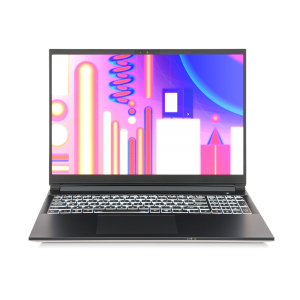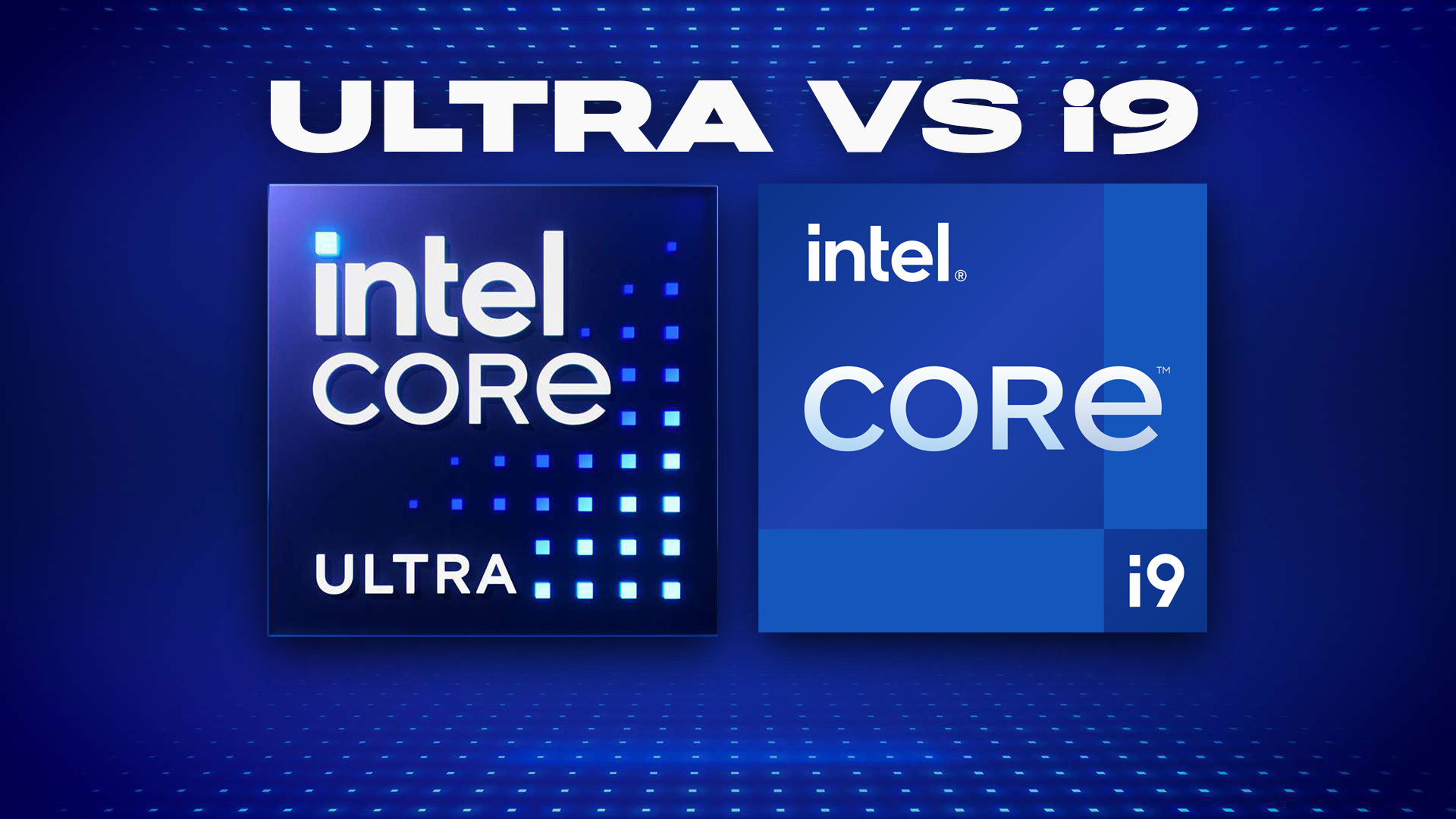Uncategorized
Best Processor for Your gaming pc 2024
Core Ultra vs. Core i9 Processors
Intel Core Ultra vs. Core i9 Processors
 With the recent release of Intel’s newest mobile processor and new naming contention, Intel Core Ultra is making waves but also confusing consumers. But how does one compare Core Ultra vs. Core i9? Let’s break down the key differences between these two lines, helping you pick the perfect CPU for your needs.
With the recent release of Intel’s newest mobile processor and new naming contention, Intel Core Ultra is making waves but also confusing consumers. But how does one compare Core Ultra vs. Core i9? Let’s break down the key differences between these two lines, helping you pick the perfect CPU for your needs.
Intel Core i9: Powerhouse Performance
The 14th Gen Intel Core processors, codenamed Raptor Lake-R, are the successors to the prior 12th and 13th Gen lines. Just like their architectural ancestors, 14th Gen was broken out into i3, i5, i7, and i9 from least to most performance. As we’ve discussed in previous posts, these processors are generally built for power users looking for high end performance. They feature a hybrid architecture, combining high-performance cores for demanding tasks like video editing and 3D rendering with efficient cores for everyday computing.
The mobile versions of these i9 and i7 processors run on that same architecture, but with reduced power delivery and increased efficiency in order to walk that tight rope between performance and battery life. The mobile models are usually marked with an H or HX, delineating them from their desktop versions (for example, the Core i9-14900HX in our Raptor S77).
Notable models: Core i9-14900k (desktop), Core i9-14900HX (mobile)
Intel Core Ultra: Thin and Light, Big on Performance
Enter Intel Core Ultra. Built on Intel’s newer Meteor Lake architecture, Core Ultra processors replace the i7 “U” models with a new model naming scheme that completely tosses aside the i9/i7/15 nomenclature as well as the emphasis on Core generation (14th Gen, 13th Gen etc) we’ve all become accustomed to. Core Ultra processors are currently mobile only, though rumor is that future Intel releases will use a similar naming scheme as well.
Whereas i9 is raw power, Core Ultra are designed more for efficiency with integrated AI acceleration. They’re generally being utilized in thin and light laptop designs while still delivering excellent performance for everyday tasks. So while Core Ultra proce–ssors won’t match the raw performance of their Core i9 brethren, they do offer impressive performance for browsing, streaming, and light gaming, especially compared to older gen U models. Their focus on efficiency translates to longer battery life, making them perfect for users who prioritize portability.
Notable models: Core Ultra 5 125HL, Core Ultra 7 155 HL

So, Which Processor is Right for You?
Here’s a quick guide to choosing Core Ultra vs. Core i9 for your next laptop:
- Power User: If you’re a gamer, content creator, or professional who needs maximum proce-ssing power, the Core i9 is the clear winner. Its high core count, clock speeds, and potential for overclocking make it a performance beast. Check out our Raptor S77.
- On-the-Go Professional: For professionals who value portability and long battery life without sacrificing performance, the Core Ultra Proce-ssor is a compelling option. It delivers smooth operation for everyday tasks and excellent battery life for extended work sessions on the go. For this user, we’ve JUST launched an all new 16″ laptop powered by these Intel Core Ultra processors. Check out the NoteMagix M15 to learn more.

